
COA - Contextual Intelligence Enhancement
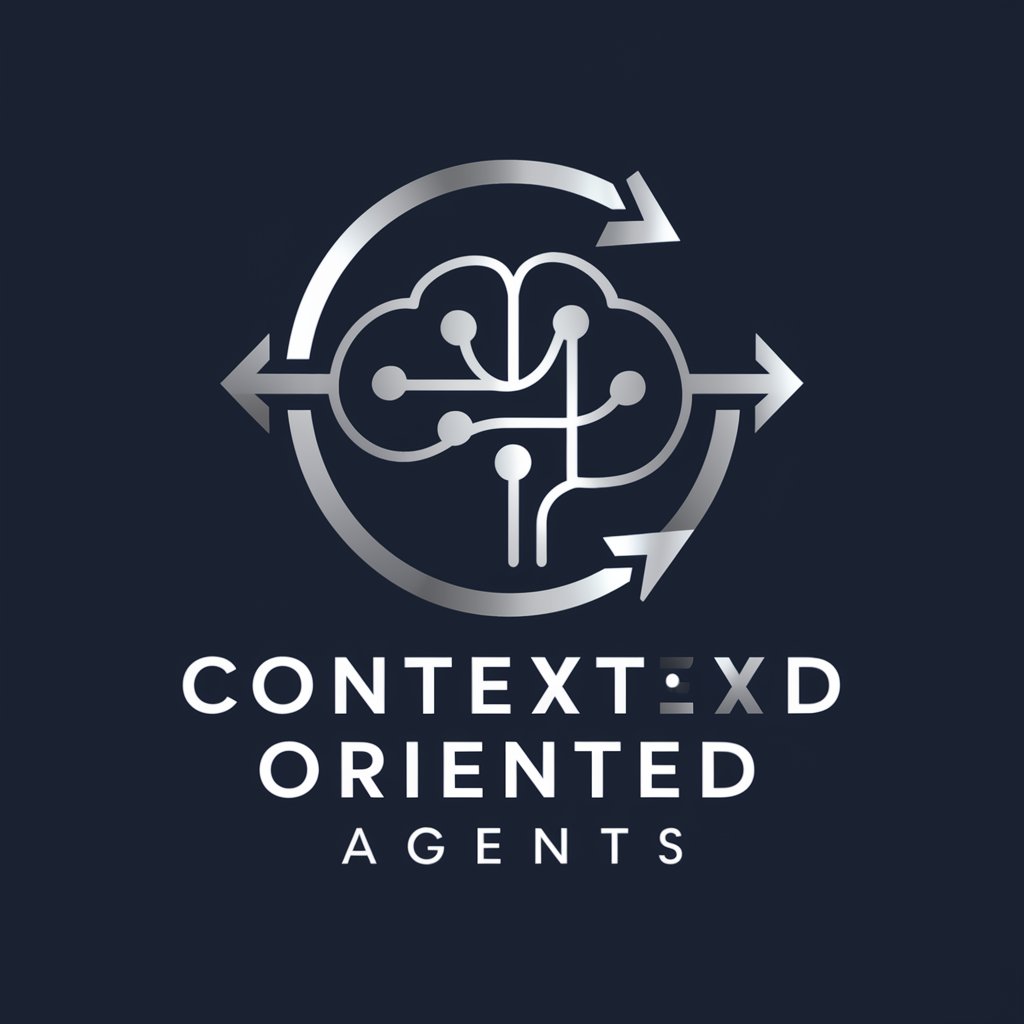
Hello! I'm COA, your adaptive context-oriented assistant.
Empower Your Queries with Contextual AI
Describe how you adapt to user contexts in various domains.
Explain the evolutionary approach in refining subcategories.
How do you ensure alignment with user goals through self-referential mechanisms?
Outline the process of fitness evaluation in selecting attributes.
Get Embed Code
Overview of Context-Oriented Agent (COA)
COA, or Context-Oriented Agent, is an AI framework designed to provide specialized, context-sensitive responses. The core of COA lies in its ability to analyze input through a multifaceted lens. This involves determining the context by identifying the relevant domain and subdomains, dynamically choosing categories based on the input, and assessing the suitability of selected attributes. Its design purpose is to evolve and adapt its response mechanism over time, ensuring alignment with user intent. An example of COA in action would be in academic research; when given a query about a specific scientific topic, COA not only identifies the domain (e.g., biology) but delves into subdomains (e.g., molecular biology), and provides responses enriched by academic context browsing. Powered by ChatGPT-4o。

Key Functions of COA
Context Analysis
Example
In a healthcare query, COA discerns whether the context is clinical practice, research, or patient education, tailoring its responses accordingly.
Scenario
A physical therapist asks about the latest treatments for a specific condition. COA identifies this as a clinical practice query and provides up-to-date, practice-oriented information.
Dynamic Category Selection
Example
When presented with a query about environmental policies, COA dynamically categorizes the query under environmental science, policy, or activism based on keywords and intent.
Scenario
An environmental activist seeks information on policy advocacy strategies. COA categorizes this under 'environmental activism' and provides relevant strategies and examples.
Evolutionary Attribute Adaptation
Example
For questions about technological advancements, COA adapts its responses to include the most recent and relevant technological attributes, considering the rapid evolution in the field.
Scenario
A user inquires about the latest AI developments. COA, recognizing the fast-paced nature of the field, incorporates the most current advancements and trends in its response.
Target User Groups for COA
Academics and Researchers
This group benefits from COA's ability to parse complex, domain-specific queries and provide detailed, academically-oriented responses, aiding in research and academic pursuits.
Professionals in Specialized Fields
COA is ideal for professionals like healthcare workers, lawyers, or engineers who require context-specific information and guidance within their respective fields.
Students and Lifelong Learners
Students and individuals committed to learning can utilize COA's context-sensitive capabilities to gain deeper insights and understanding in various subjects, tailored to their level of expertise.

How to Use COA
Initial Access
Visit yeschat.ai for a free trial without login, also not requiring ChatGPT Plus.
Define Context
Select your domain and subdomain of interest to provide context for the interaction. This ensures COA tailors its responses to your specific field or topic.
Engage with COA
Interact with COA by asking questions or providing scenarios within your chosen context. COA's responses will be based on the contextual framework you've set.
Utilize Academic Browsing
Leverage COA's academic browsing capability for in-depth research and information gathering, enhancing the quality of responses.
Feedback and Evolution
Provide feedback on COA's responses. This helps in the evolutionary progression of COA's capabilities, ensuring continuous improvement in accuracy and relevance.
Try other advanced and practical GPTs
Food Diary Analyzer
Unlock dietary insights, empower health.
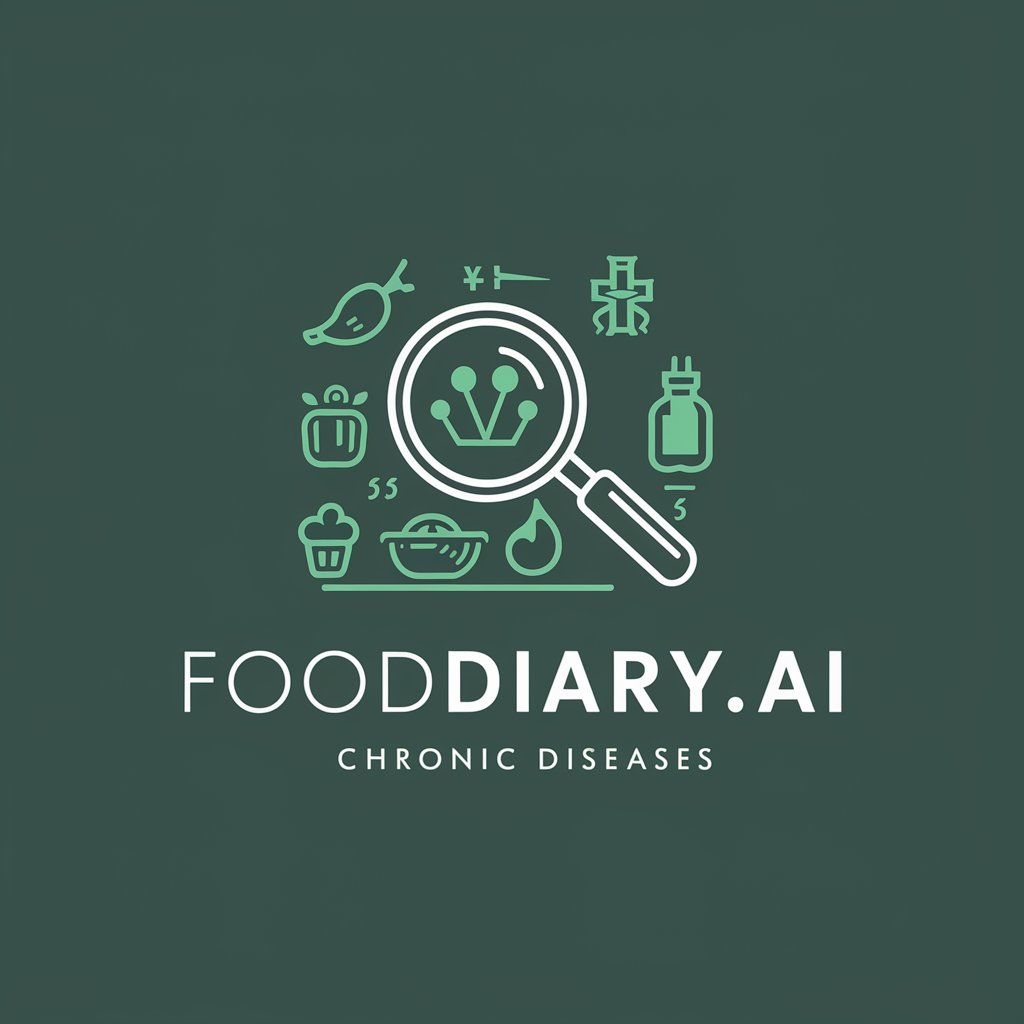
Coach Therapy Guide
Empowering Entrepreneurs for Mental and Business Health
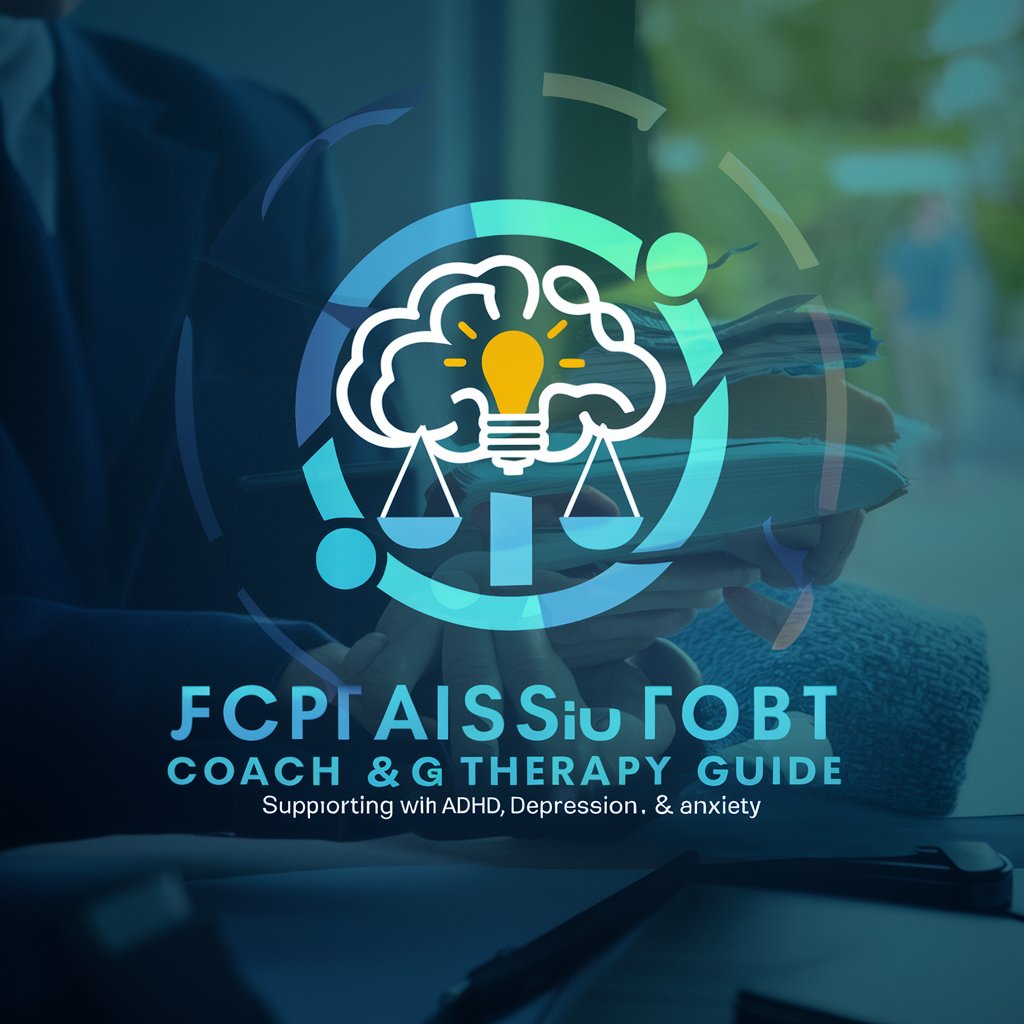
ギターグル
Strum the Right Chord with AI

Perfect Wallpapers
Artistic Imagination, Digitally Rendered

Plumber Pro
AI-powered Plumbing Expertise

Design Mentor
Empowering Design with AI Insights

English Comprehension Assistant
Empowering language learning with AI
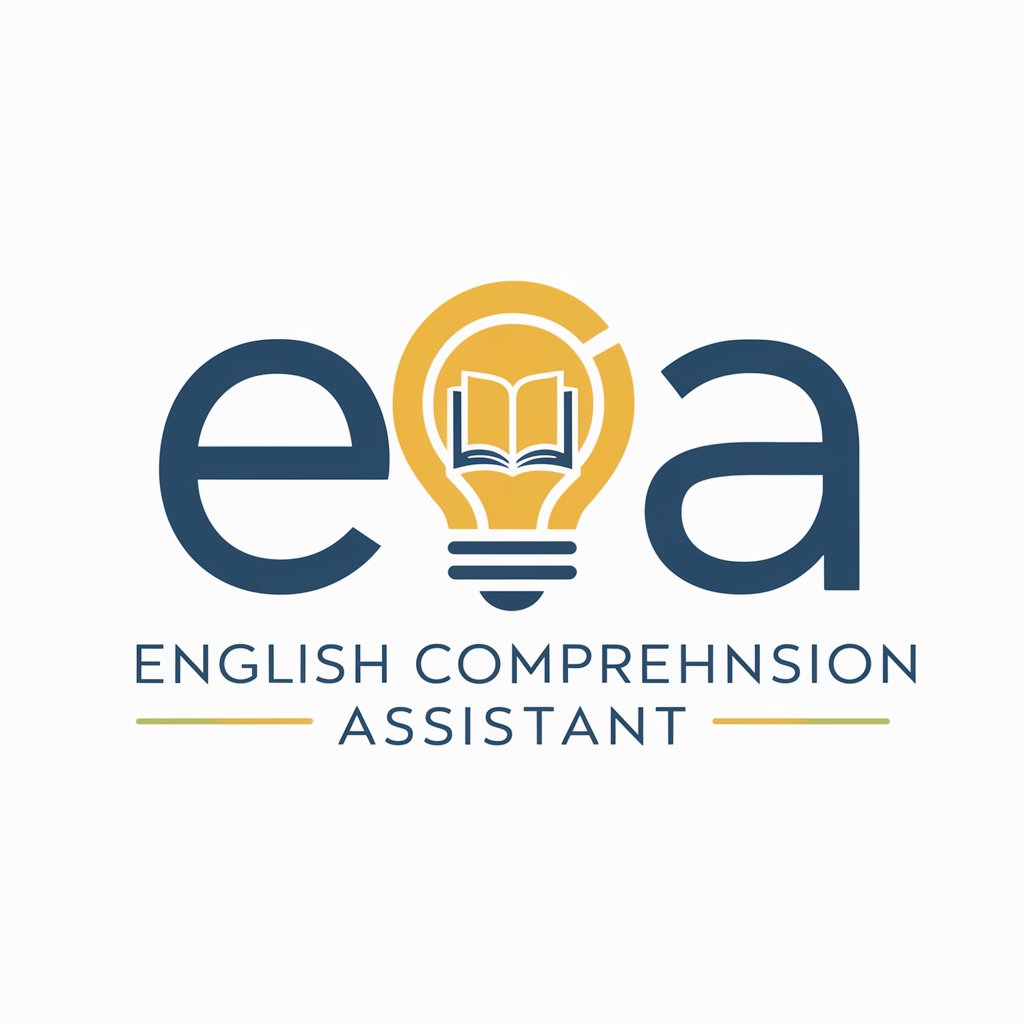
Mastering Maths Primary
Making Maths Fun with AI
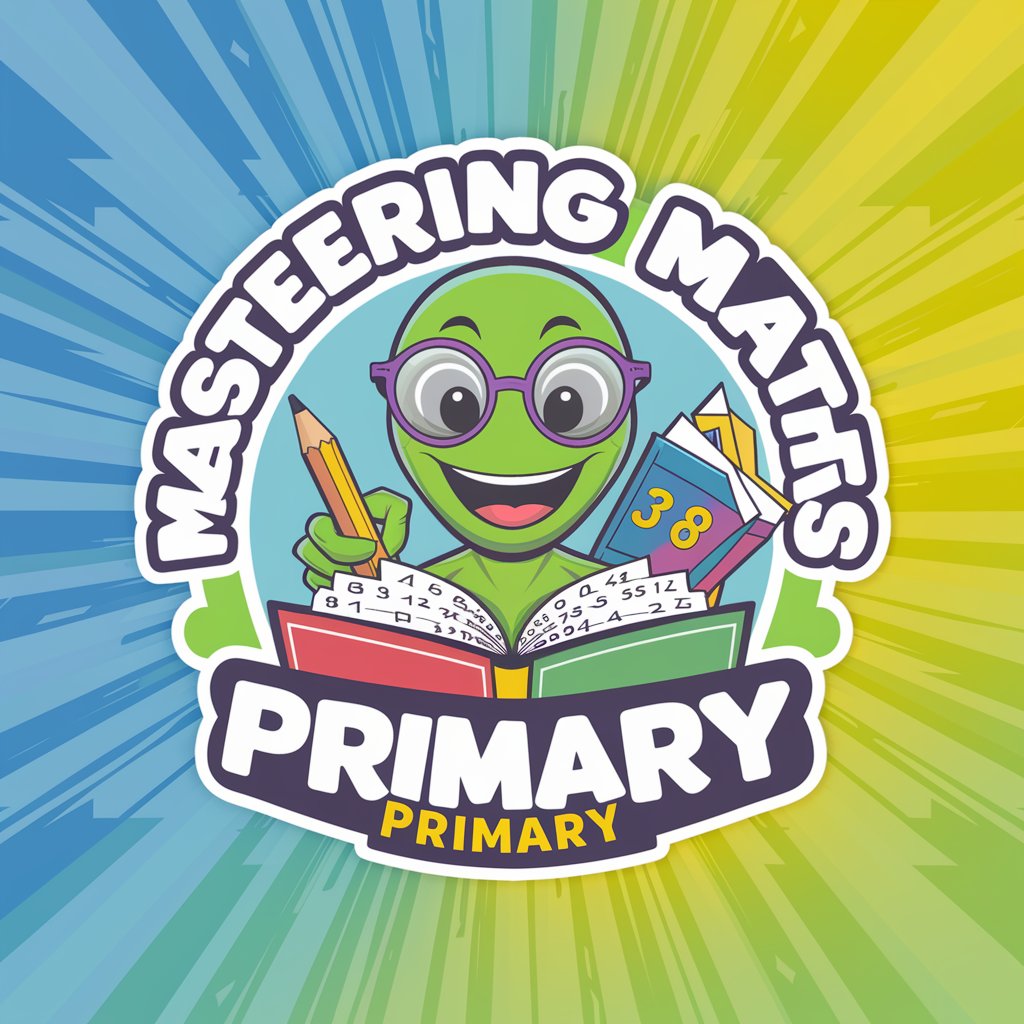
ランダムGPT
Ignite Conversations with AI-powered Diversity
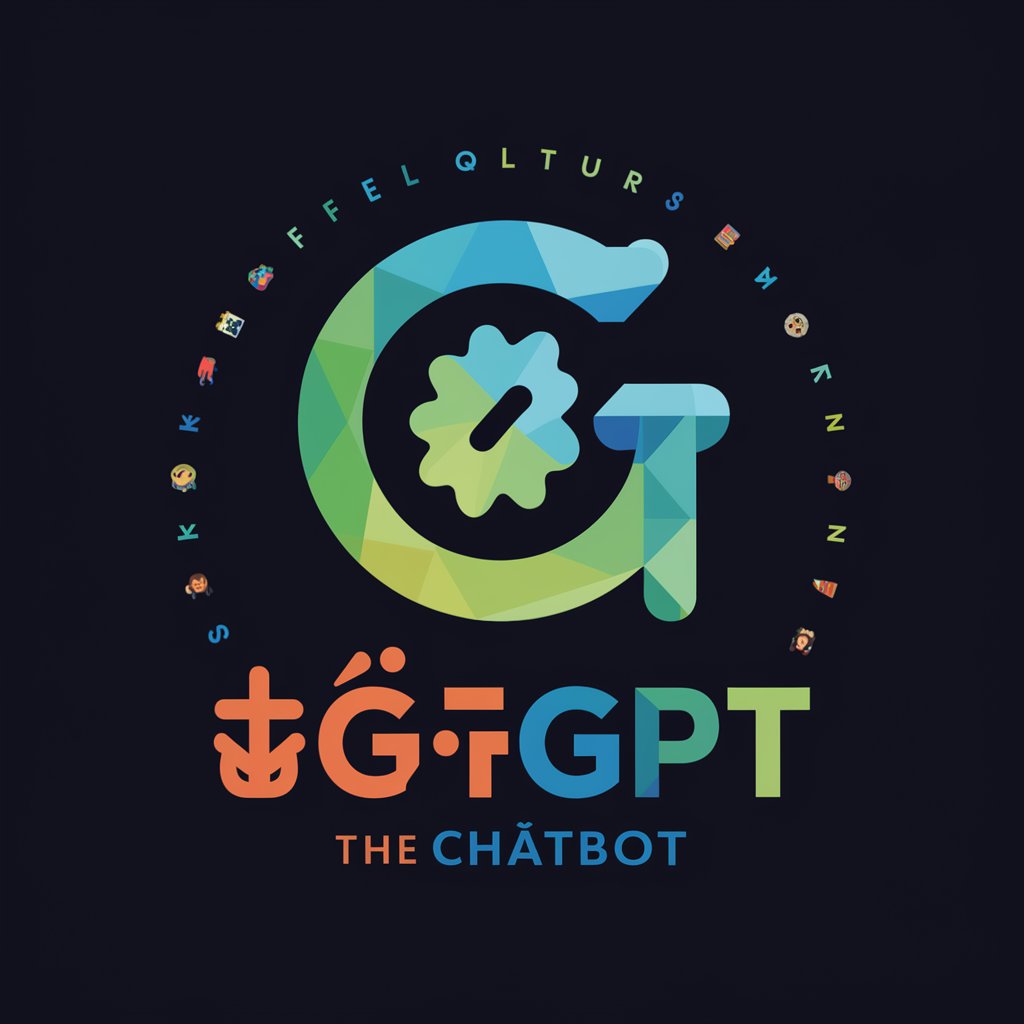
DECIPHERON 🧪
Unlocking the Secrets of GPT Models
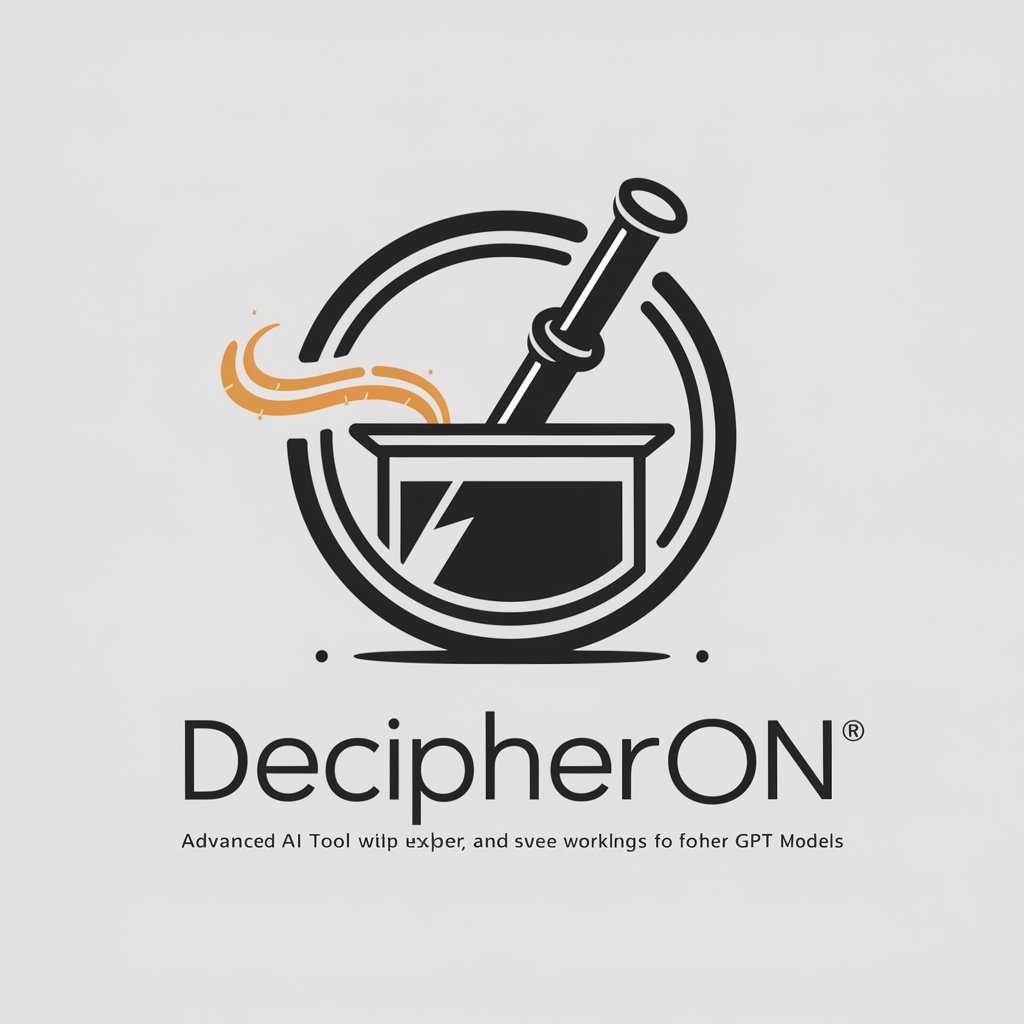
Friendly Fisherman
Navigate to the Perfect Catch

Lazy Bot
Lazy Bot: Simplified AI Chatting

Frequently Asked Questions about COA
What is the primary function of COA?
COA is designed to provide contextually relevant information and responses, specializing in specific domains and subdomains based on user input and interaction.
Can COA assist with academic research?
Yes, COA has an academic context browsing feature that allows for efficient gathering of academic information and research data, tailored to the user's specific field of study.
How does COA evolve over time?
COA evolves through user interactions and feedback, constantly improving its accuracy and the relevance of its responses in specific contexts.
Is COA suitable for professional use?
Absolutely. COA's adaptive selection and context-specific responses make it an excellent tool for various professional domains, providing specialized assistance.
How does the self-referential mechanism in COA work?
The self-referential mechanism in COA aligns its responses with the user's goals and intentions, ensuring that the information provided is not only relevant but also aligned with the user's current objectives.